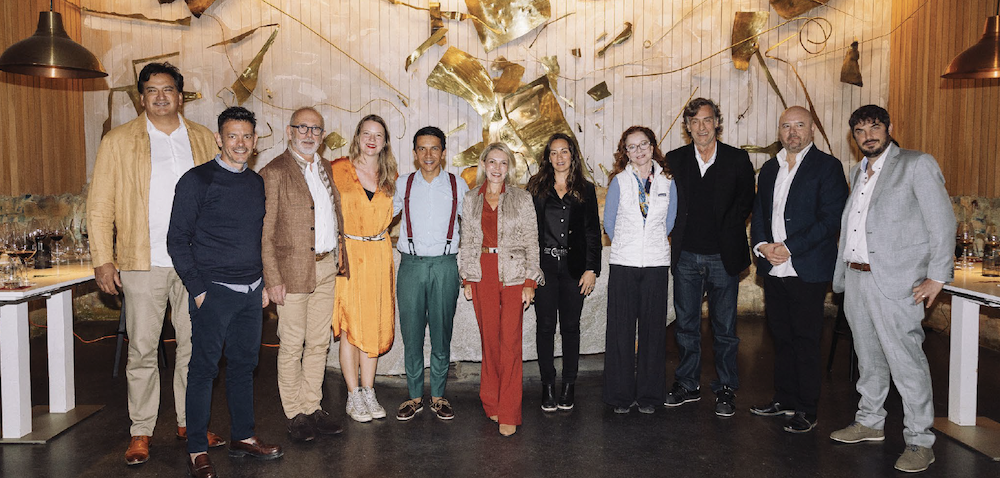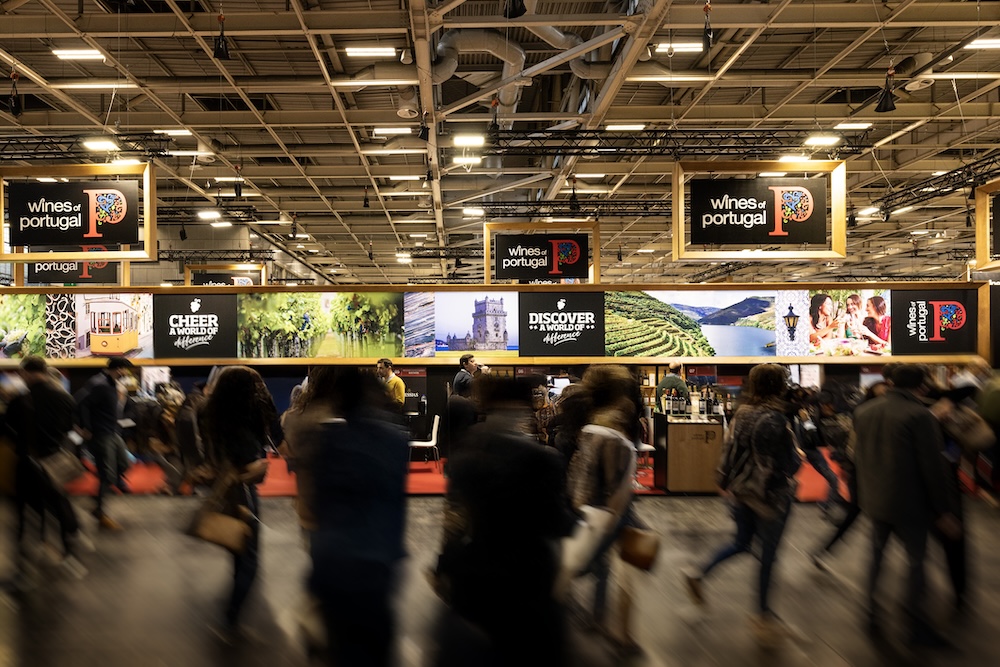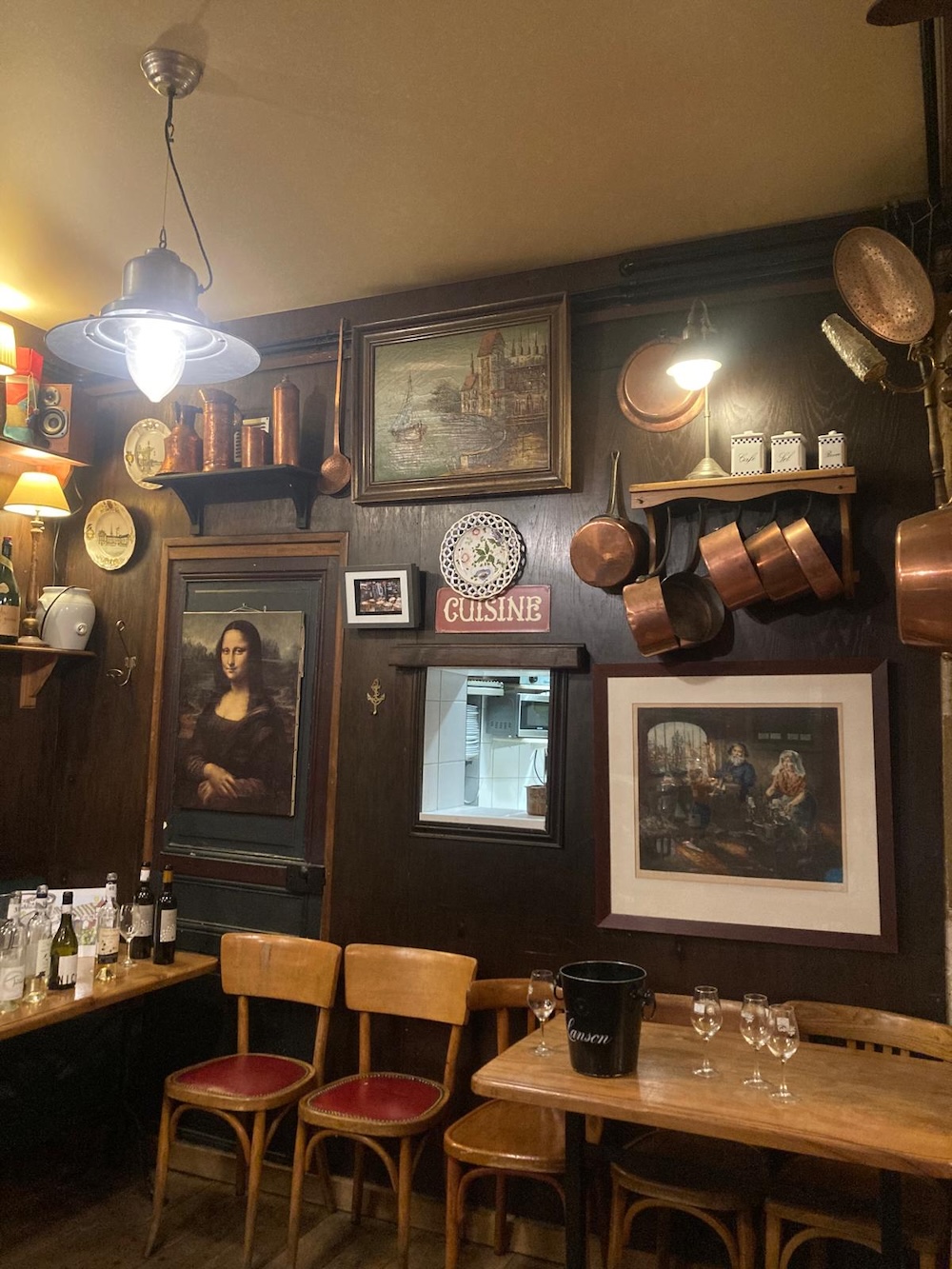
Discovery

Discovery
By Ellen Budge Photographs : Courtesy of Prosit Group, posted on 10 June 2024
In just five years, Prosit Group has gone from inception to a holding company with five wineries, a US import company and sixty export markets to its credit. Its CEO Sergio Dagnino and marketing manager Luca Maruffa explain the ethos driving the group’s development, and its plans for the future.
Sergio Dagnino, who has extensive experience in the wine industry and other sectors, had a vision when he established Prosit Group in 2018, and that was to bring together wineries from across Italy to create a premium portfolio for both the domestic and export markets. Not a ground-breaking initiative you might think. But where Prosit Group differs from its Italian counterparts is that it has recruited the financial help of a ‘Made in Italy’ investment fund, Quadrivio Group, to drive a rate of growth that is nothing short of meteoric. “Prosit Group is not an investment fund project”, stresses Sergio Dagnino, however. “It is a wine industry-based initiative and Quadrivio has a long-term vision for its investment. To launch such an ambitious acquisition programme, we needed the help of an external investment fund”.

CEO Sergio Dagnino, a man on a mission.
Specific selection criteria
The portfolio to date features wineries in five different Italian wine regions – Tuscany, Abruzzo, Veneto, Apulia and Lombardy. Again, the criteria for selecting the wineries – some of them under sole ownership, others with a majority shareholding – set Prosit Group apart from similarly structured companies. “One of our criteria is altitude”, explains Dagnino. “On average, the vineyards are located 350 metres above sea level”. Their positioning tends to be premium, though not luxury, and the wineries need to be complementary: “The aim is not just to buy a winery for its brand, but for the way that it fits within the range in terms of varietals and production possibilities”. Another leitmotif is a winery’s potential to grow, with investments injected into brand equity and marketing strategy. A case in point is the former co-operative Cantina di Montalcino in Tuscany. “In 2000, a lot of investment was made in terms of the structure of the winery, which was designed by an architect. We want to be perceived going forward as the most contemporary winery in Montalcino”, stresses Dagnino, who works with a select group of grape growers to improve the quality of the wines and reposition the brand.

The former co-operative winery in Montalcino was designed by an architect in 2000.
Each winery has its USP
Other unique acquisition choices include Tenuta di Collalbrigo in Veneto, now wholly owned by Prosit Group. “We weren’t interested in commoditised Prosecco”, explains Dagnino. “So we bought a very small winery, mainly producing DOCG Prosecco with Rive di Collalbrigo and some other styles of Prosecco”. In Apulia, aside from its well-established reputation, Prosit Group was drawn to Torrevento’s unique varietals: “It was the first winery in the 1980s and 1990s to create single varietal Nero di Troia, which in my opinion is a very interesting grape variety”, explains marketing manager Luca Maruffa. Nestore Bosco, in the Abruzzo region, brings with it very well-known varietals such as Montepulciano and Pecorino along with the storied Cerasuolo. In each case, highly renowned and respected winemakers are associated with the wineries, from Riccardo Brighigna at Nestore Bosco to Leonardo Palumbo at Torrevento and Riccardo Pucci and Silvia Giani at Cantina di Montalcino. Prosit Group intends to leverage their reputations and their expertise through winemaker signature labels and also an “affordable luxury” project currently being finalised in Bolgheri. The company has partnered with Count Gaddo della Gherardesca to produce a Brunello di Montalcino, a rosé and a white, and its winemakers are all providing input for the wines due to be presented in Castagneto Carducci in May.
Scaling up production
The project illustrates Prosit Group’s intention to offer a broad-ranging array of wines, running the gamut in terms of regions, price points and target markets. In 2022, it bought Casa Vinicola Caldirola, owner of the popular Italian off-trade brand La Cacciatora. The brand has recently been re-launched and embraces a range of varietals from Sicily and other regions, bottled with screwcaps which is a rarity for the Italian market, though it will also be shipped overseas. La Cacciatora was not the only asset that attracted Prosit Group’s investment: “The acquisition was intended to allow us greater space to develop large-scale production of wines using its facilities”, shares Dagnino.
A gateway to the US market
Similarly, the purchase of Connecticut-based Italian import company Votto Vines Importing is strategically designed to ramp up the group’s presence in the all-important US market. The small-medium importer established by the Votto family has an office in New York and its headquarters in Connecticut. Its role will be to provide a gateway to the United States for a notoriously fragmented Italian wine industry. “Many Italian wine companies are too small and not organised enough to push their wines in the right channels and markets through a well-defined proposition and positioning. Prosit Group aims to bring together wineries with amazing potential to create synergies, especially in marketing, distribution, sales and production, helping individual companies to develop a more complex proposition without wresting control of them”, stresses Maruffa.

“Our focus is on wineries with great, unexpressed potential”, explains Prosit Group head of marketing Luca Maruffa.
Catering to multiple markets
The US is just one market, albeit a significant one, out of a collection of 60 different destinations where Prosit Group now ships in excess of 26.5 million bottles of wine generating 83 million euros in revenue. “Aside from the US, one of our most important markets currently is Canada, particularly Quebec”, explains Maruffa. “Torrevento is also well-established in Germany and we’re doing well in Benelux with selected importers. South-East Asia is offering us the opportunity to open up new markets and closer to home, in Italy, we are developing the on-trade”. Innovation is viewed as a way of catering to multiple audiences and future-proofing the group – from screwcaps to the no-lo segment, lighter bottles and recycled paper for the packaging, a multi-pronged approach aims to respond to a wide range of needs, “without betraying the identity of the companies because the wines produced show great typicity”. Although the number of acquisitions over the past five years has been staggering, and led to the ongoing rebranding process, there is every likelihood that it will continue going forward. “We are always looking for new acquisitions”, confirms Dagnino. Watch this space….

Nestore Bosco is a historic winery near the Maiella massif in the Abruzzo region.

Discovery

Discovery

Discovery